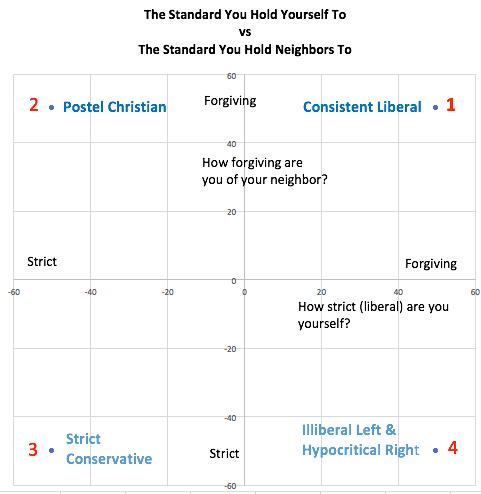How Trump used “Weasel Words” to Trick Us into Thinking He Agreed to Testify Under Oath.
There is so much media attention to President Trump that it amazes me that I haven’t heard anyone else debunk the conventional wisdom that President Trump agreed to testify under oath — “100%.” This would be true if he had stopped speaking at that point, but in the 9 quick sentences that followed, Trump used a tricky distraction technique to take back his word.
What Trump actually agreed to:
- Trump may, or may not have asked James Comey for his loyalty, but if he did, Trump didn’t ask Comey to put his hand on the Bible when Comey’s allegiance was requested.
Trump’s tricky answer is either a strange accident, or an example of a “master manipulator”1 practicing his craft. The creator of the Dilbert comic strip, Scott Adams, has been arguing for a long time that Trump’s “persuasion skills” are the best he’s seen.
In the rest of this post, I’ll compare Trump’s skill at the “trick answer” to Bill and Hillary Clinton’s attempts to trick the public, showing you how Trump takes deception to a whole new level.
What is a “Non-Denial Denial”?
The non-denial denial is a statement that is designed to appear to the uninitiated like a legitimate denial of an allegation. It is used to deceive the public, often by answering a different question than what was asked or implied.
Let’s compare how Bill, Hillary, and Trump execute assertions and denials using various tricks:
Jump to Section on: Bill | Hillary | Trump
1) Bill Clinton: Use a Word with a Private Definition
Sometimes a non-denial denial hinges upon the definition of the word, which the politician has carefully selected to mislead the public.
Watch Bill Clinton slyly slip in the term “sexual relations” into this press event so as to give hope to supporters looking for an excuse to still believe in him. (The term “sexual relations” was chosen because it was defined to not include oral sex).
This word trick gave those who wanted to believe in Clinton a reason to withhold judgement for a while. If I were to score this trick on execution, I would give it a 9 out of 10, but note, Bill still got impeached.
2) Hillary Clinton: “Wipe Like with a Cloth”
Dilbert creator Scott Adams says that “persuasion” is not good or bad in itself. Persuasion is a tool that can be used for either good or evil. When persuasion becomes “manipulation”, I no longer see that as neutral.↩
